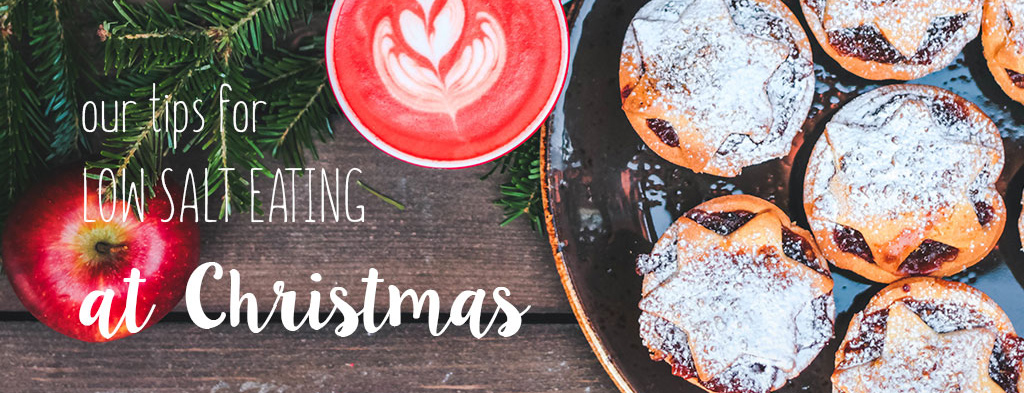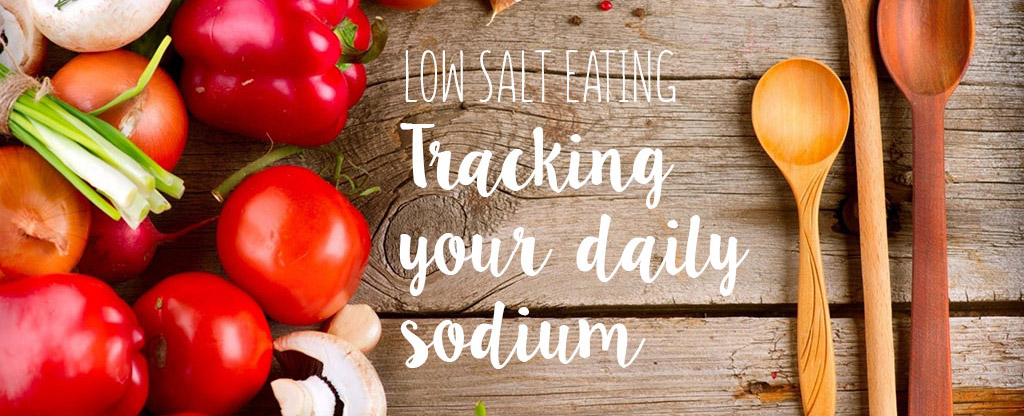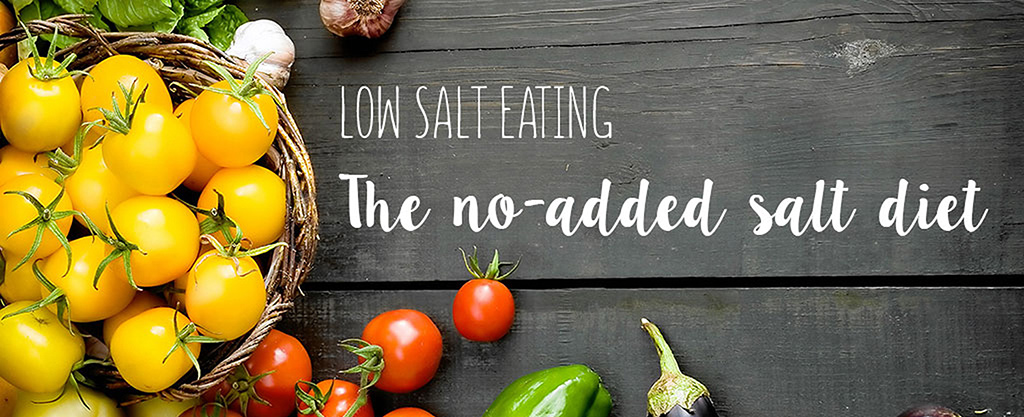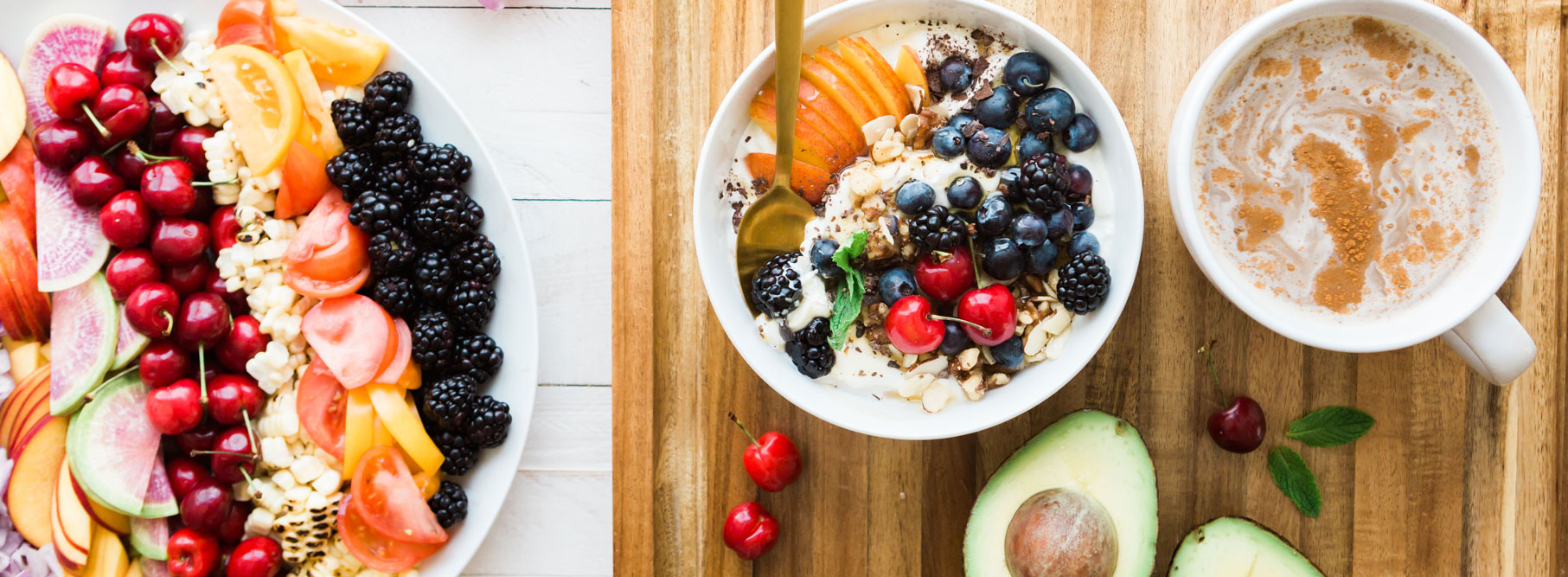Christmas is all about relaxing with friends, family and, above all, food! Food is about so much more than nutrition, especially on big occasions. Having a treat and feeling connected to friends and family by sharing the pleasure of favourite foods is a big part of the holiday.
Tag: liver disease
Eating Low Sodium Part Two – Tracking your daily sodium
If you have been advised to go on a low salt diet and are reluctant to forgo salty favourites, tracking your daily intake may be the way to go.
In this second part of our low-salt series for people with liver disease, we look at modifying diet to stay within the recommended daily sodium intake*, and we discuss the pros and cons so you can see if this is a realistic option for you. (Click here to read Part One – No Added Salt Diet)
Continue reading “Eating Low Sodium Part Two – Tracking your daily sodium”
Eating Low Sodium Part One – the No Added Salt Diet
In this series on low salt eating for people with liver disease we will be looking at how to modify your diet to stay within the recommended daily sodium intake *. This daily limit is for those people who need to control fluid retention and is significantly higher than that recommended for people who need to control high blood pressure. Be sure to check with your doctor which limit is right for you.
Part One will cover the No Added Salt diet recommended by GESA and many other medical associations around the world.
Continue reading “Eating Low Sodium Part One – the No Added Salt Diet”
Eat Well to Feel Well – Convenience Food or Convenient Food?
If you have viral hepatitis eating well can make a real difference to your quality of life but consistently eating fresh, healthy food most of the time can be a lot of effort. Most of us struggle to meet the Australian Dietary Guidelines by eating plenty of fruits and vegetables and limiting the amount of convenience foods in our diet. However, with a little thought, planning and effort you can make cooking more convenient and eating the way you want to a lot more achievable.
Although cooking is often presented as a pleasurable activity that we all enjoy and naturally know how to do this isn’t the case for many people. At the end of a long day cooking can be a real chore. Surprisingly, recognising this can be the key to eating better more often.
Continue reading “Eat Well to Feel Well – Convenience Food or Convenient Food?”
Retirement for Hep B Bear?
The stages of chronic hepatitis B infection has been given a makeover. Is it time for Hep B Bear to move aside?
The latest clinical practice guidelines for hepatitis B published by the European Association for the Study of the Liver (EASL) not only set out recommended treatment protocols but also re-framed and re-named the phases of chronic hepatitis B virus (HBV) infection.
Struggling with Sleep? Why things we love to do keep us awake at night!
Sleep is especially important when you have viral hepatitis. Your body is already dealing with the effects of hepatitis B or C and your liver is in need of extra care. Along with a nutritious diet and regular, moderate exercise, sleep is at the core of staying as well as possible.
Your liver performs different functions at different times. Sleeping at the time when your liver is working the hardest – thought to be between 9 pm and 3 am – can give it a break and potentially improve how well you feel during the day.
Continue reading “Struggling with Sleep? Why things we love to do keep us awake at night!”





